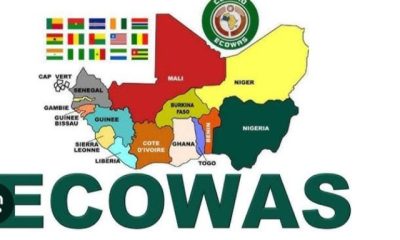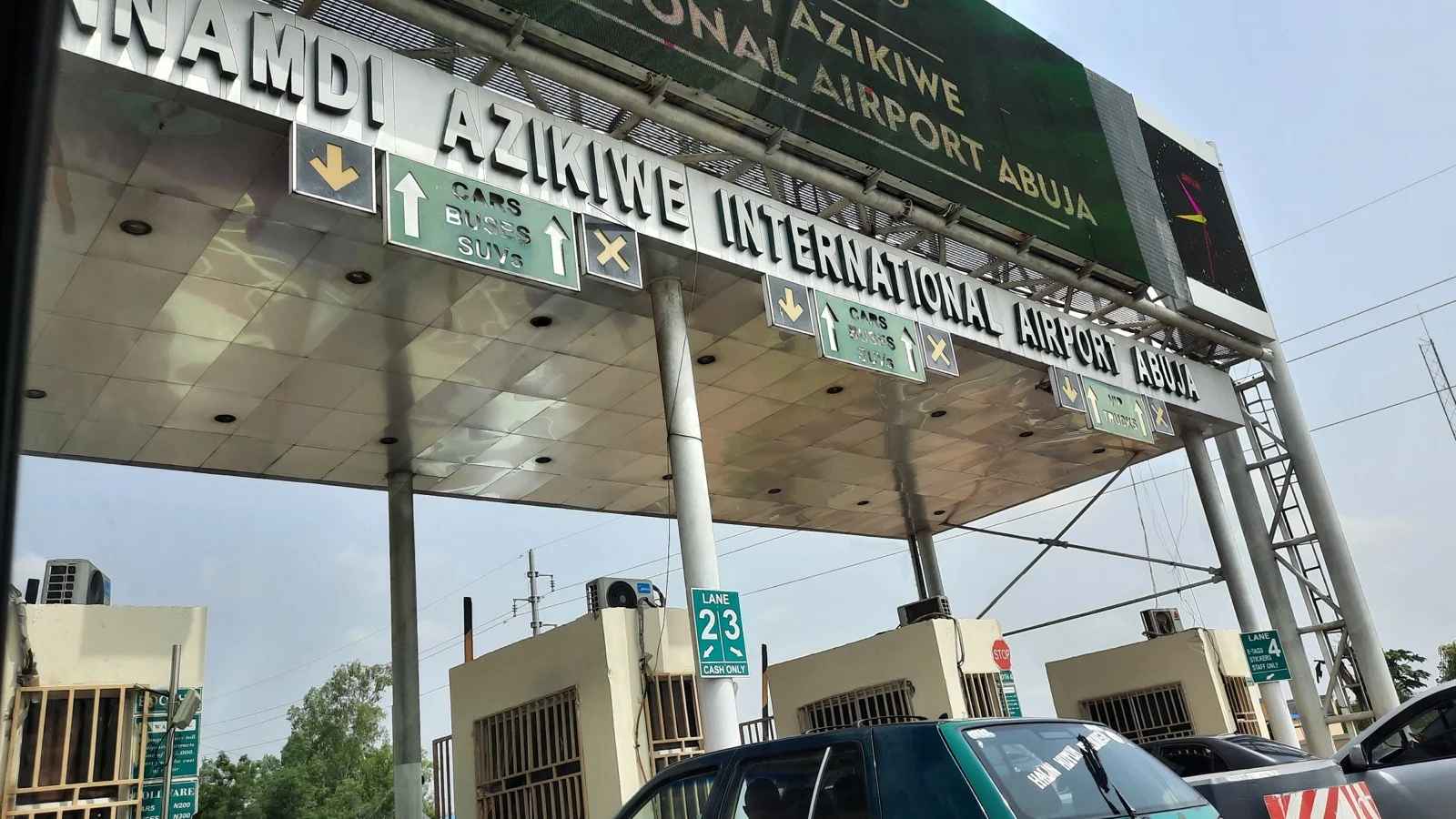News
Europe’s Petrol Export Market Shrinks As Nigeria’s Consumption Drops

Eko Hot Blog reports that European refiners will lose a portion of a key export market for gasoline after Nigerian consumption slumped following the removal of the fuel subsidies in west African powerhouse.
It would be recalled that President Bola Tinubu, had in his inauguration speech on May 29, 2023, announced an end to fuel subsidy.
Editors Pick
-
Tinubu’s Ministerial List Is Uninteresting, Says Labour Party
-
Two-month-old Baby Stolen At graduation Ground In Ilorin
-
Troops Uncover Illegal Refinery In Delta — Days After NNPC Destroyed 240
The removal of the fuel subsidy to the Nigerian Midstream Downstream Petroleum Regulatory Authority (NMDPRA) has led to a 35 per cent drop in average daily gasoline consumption in Nigeria.
NMDPRA last week said the country’s daily consumption of petrol has drastically reduced following the removal of subsidy by the Federal Government.
According to NMDPRA, the daily consumption figure now stands at 46.38 million litres, down from the 65 million litres per day before the cut in subsidy.
The Chief Executive, NMDPRA, Ahmed Farouk, disclosed this during a stakeholders meeting with oil and gas downstream operators in Lagos.
He said that the figure represents 35 per cent reduction when compared with the 65 million litres per day, prior to subsidy removal.
According to him, an average truck out on daily basis for petrol consumption, after subsidy removal on May 29, reduced to 46.38 millions litres.
“In January, it was 62 million per litre; February, 62 million per litre; March, 71.4 million per litre; April, 67.7 million per litre; May 66.6 million per litre; June, 49. 5 million per litre and July, 46.3 million per litres,” he said.
The NMDPRA boss said that the essence of the meeting is to review the downstream sector after the subsidy removal and also to thank marketers who had taken the offer to import petrol.ion, after subsidy removal on May 29, reduced to 46.38 millions litres.
The current daily petrol consumption has drastically reduced as against 65 million litres which had been the daily consumption before subsidy removal.
“In January, it was 62 million per litre; February, 62 million per litre; March, 71.4 million per litre; April, 67.7 million per litre; May 66.6 million per litre; June, 49. 5 million per litre and July, 46.3 million per litres,” he said.
The NMDPRA boss said that the essence of the meeting is to review the downstream sector after the subsidy removal and also to thank marketers who had taken the offer to import petrol.
The end of the government subsidies also decimated the black markets for gasoline in countries neighboring Nigeria such as Cameroon, Benin and Togo. These markets thrived when cheap subsidised fuel was smuggled from Nigeria into neighboring countries. But the end of the subsidies now signals lower demand for smuggled fuel in Nigeria’s neighbors, further reducing demand for fuel imports into Nigeria.
With more than a quarter of the Nigerian gasoline market wiped out, European refiners would lose part of their key export market. West Africa and North America have traditionally been the main destinations of European gasoline exports.
The slump in Nigeria’s domestic fuel consumption is set to squeeze refining margins for the European refiners, analysts have told Reuters.
Further Reading
-
INEC To Conduct Bye-elections In Five Federal, State Constituencies [Details]
-
JUST IN: Pro-coup Protesters Attack French Embassy In Niger [Video]
-
Oyo LG Election: APC Announces Plan To Participate
The lower Nigerian demand is set to further pressure European refiners who have seen increased competition from refiners and new refining capacity in Asia and the Middle East in recent years.
The winners, if any, from the lower Nigerian gasoline demand would be the recently started-up refineries in the Middle East, analysts told Reuters.
Click To Watch Our Video Of The Week
Advertise or Publish a Story on EkoHot Blog:
Kindly contact us at [email protected]. Breaking stories should be sent to the above email and substantiated with pictorial evidence.
Citizen journalists will receive a token as data incentive.
Call or Whatsapp: 0803 561 7233, 0703 414 5611















